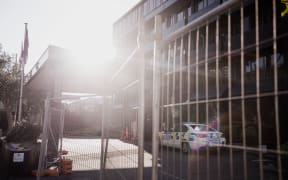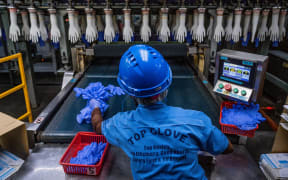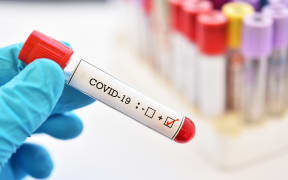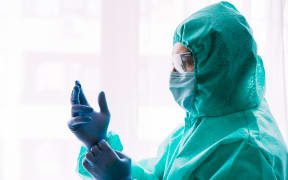The Ministry of Health spent $37 million on personal protective equipment (PPE) that was not fit for purpose.
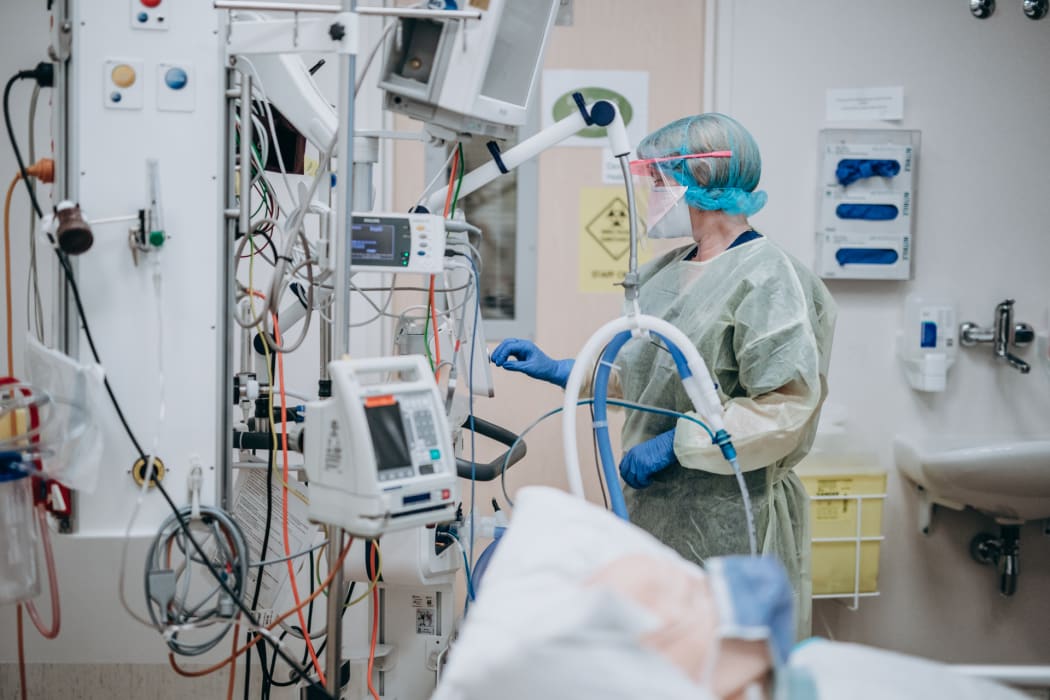
(File image). Photo: RNZ / Dom Thomas
Its annual report for the year ended June shows the health agency spent a total of $108m on PPE for frontline staff in response to the spread of Covid-19.
The equipment included face masks, face shields, gloves and protective clothing.
However, this cost includes a $71.5m write down in the value of the PPE it had on hand.
About $37m of which was spent on PPE which was defective or raised quality concerns, while the remaining $34.5m was a result of equipment that was bought when prices were at a premium.
A Ministry of Health spokesperson, in a statement, said all masks and PPE that the ministry ordered went through the quality assurance process.
"On 12 June we advised that up to 4.9 million masks be put on hold while further assurances of quality controls were sought from suppliers and manufacturers.
"The potential concerns related to inconsistencies in labelling and certification.
"Of the $37m, 4.9million were masks that were in circulation and were placed on hold but subsequently confirmed for use. Other PPE within this amount was on hold at our central warehouses and was not distributed for use as it did not meet our quality standards."
The spokesperson said the ministry's processes included reviewing test certificates prior to purchase and then when the product arrived in the country to check it received against the test certificates.
"Where PPE has arrived into NZ that has not met our quality standards we have discussed this with the supplier and worked through appropriate remediation."
Explaining why substandard PPE was purchased, the spokesperson said: "During the height of the Covid pandemic in March/April last year, the global PPE supply chain was significantly constrained. Usual suppliers were unable to supply PPE and the ministry had to purchase PPE from new suppliers at pace. This meant that there was not the time to undertake the usual quality checks prior to purchase."
The ministry had purchased PPE from a variety of suppliers over that time but would not reveal the names citing it as "commercially sensitive".
The issues were with some masks and isolation gowns.
"There were issues with test certificates being unable to be verified, as well as labelling and packaging concerns.
"In some instances the concerns were able to be resolved. In some cases we are still working with the suppliers on remedying the issues."
Association of Salaried Medical Specialists union head Sarah Dalton said the defective equipment was a consequence of not enough proactive investment in the public health sector, which left the ministry the back foot when Covid-19 emerged.
"There's always the potential, when you're having to order large amounts quickly of gear like that, for there to be a few trips along the way.
"But I think part of the issue here is that we haven't as a country invested in proactive public health capacity over quite a long period of time."
She commended those working in the public health sector, but added that there were not enough of them.
Dalton said there was also a need for transparency around which PPE manufacturers were being used, and called for quality control measures to ensure equipment worked as it should.
